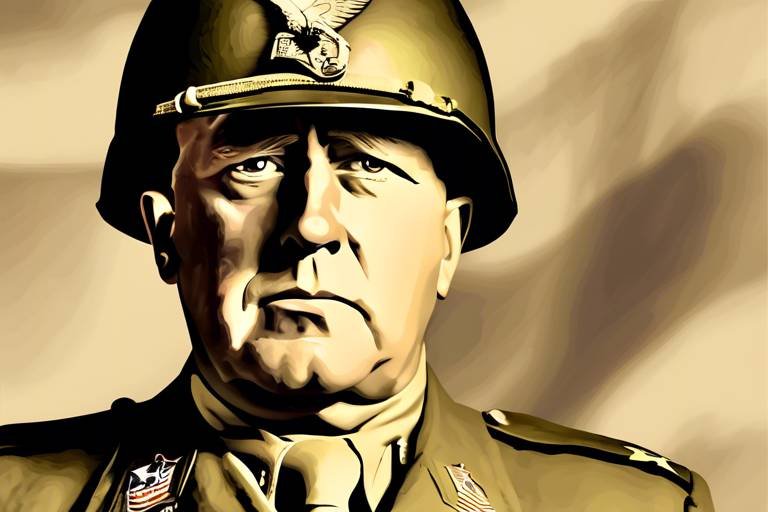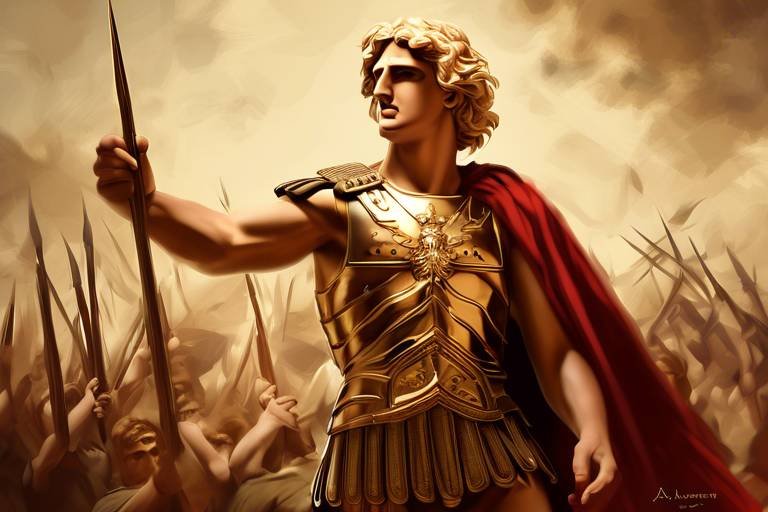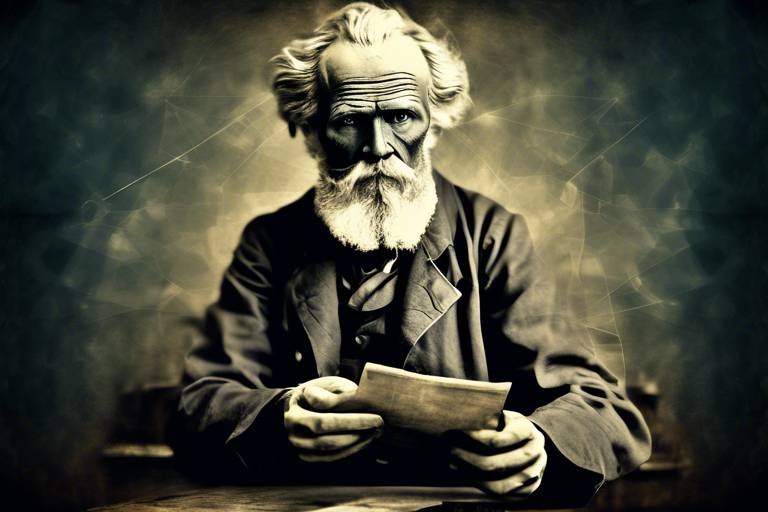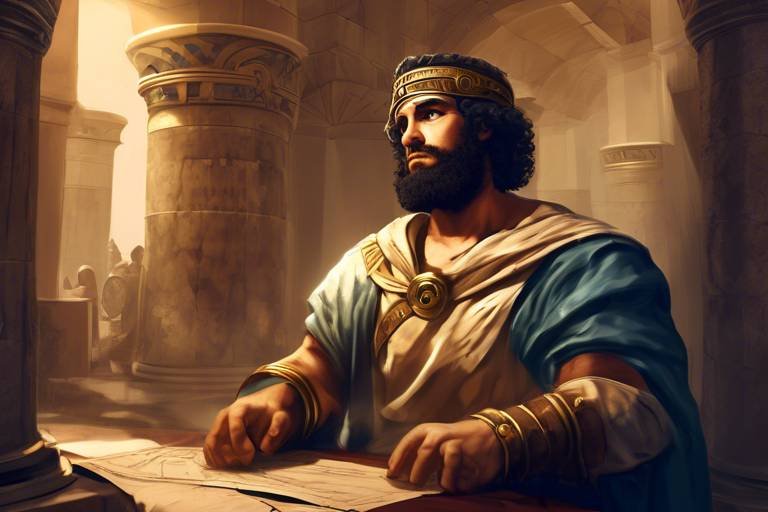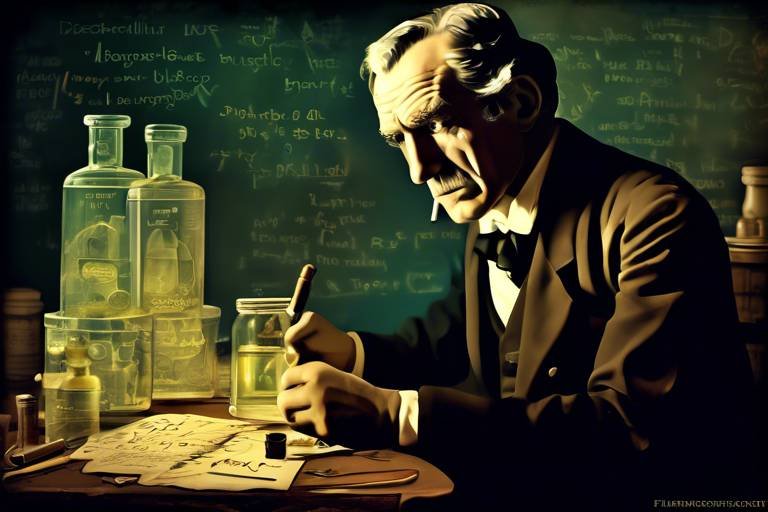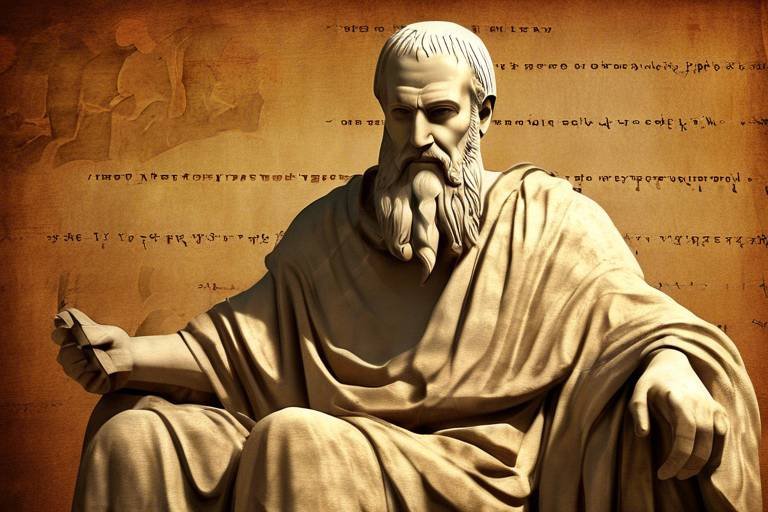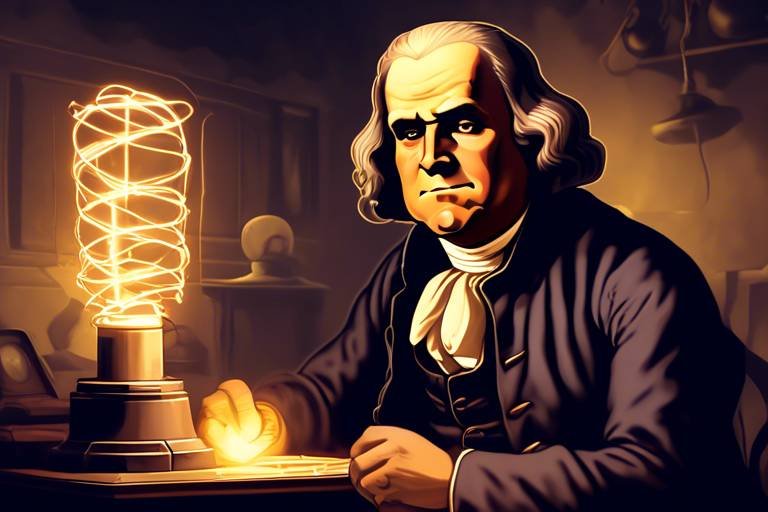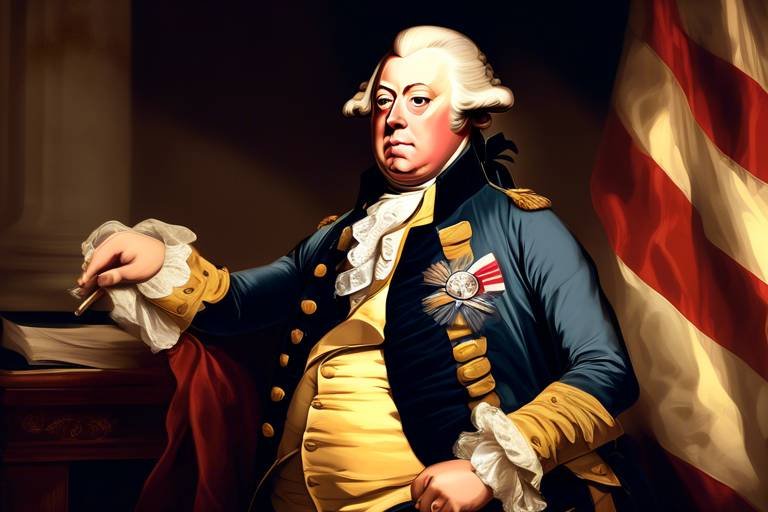Vladimir Lenin: The Architect of the Soviet State
Vladimir Lenin, often hailed as the architect of the Soviet state, was a revolutionary leader whose impact on the course of history cannot be overstated. Born in 1870 in Simbirsk, Russia, Lenin's early life was marked by a deep-seated passion for social justice and a fervent belief in the power of the proletariat. His radical views and unwavering commitment to Marxist ideology set the stage for his future role as the leader of the Bolshevik Party and the founder of the Soviet Union.
Lenin's journey towards revolutionary fervor began during his time at Kazan University, where he immersed himself in Marxist literature and revolutionary circles. His experiences witnessing the oppressive conditions faced by the Russian working class fueled his desire for change and propelled him into the heart of the revolutionary movement.
Upon returning to Russia from exile in Switzerland, Lenin wasted no time in galvanizing support for the Bolshevik cause. His leadership during the October Revolution of 1917, which saw the Bolsheviks seize power from the Provisional Government, solidified his position as a revolutionary force to be reckoned with.
With the establishment of the Soviet government, Lenin set about implementing a series of radical economic policies aimed at transforming Russia into a socialist utopia. From the brutalities of War Communism to the pragmatic reforms of the New Economic Policy, Lenin's vision for a classless society was both ambitious and controversial.
Internationally, Lenin's influence extended far beyond the borders of Russia. His role in the Communist International (Comintern) and the propagation of Marxist-Leninist ideology helped fuel revolutionary movements across the globe, shaping the course of history in countries far and wide.
However, Lenin's tenure as leader was not without its challenges. The Russian Civil War tested the limits of his resolve, leading to the implementation of the Red Terror as a means of quashing dissent and maintaining control over the fledgling Soviet state.
As Lenin's health deteriorated in the aftermath of multiple strokes, the question of succession loomed large. The power struggle within the Communist Party ultimately paved the way for Joseph Stalin to assume leadership, marking the end of an era in Soviet history.
Despite the controversies and criticisms that have surrounded his legacy, Lenin's impact on the world remains undeniable. His contributions to socialist theory, his role in shaping the course of the 20th century, and the enduring legacy of the Soviet Union serve as a testament to his enduring influence.

Early Life and Revolutionary Beginnings
Known as the architect of the Soviet state, Vladimir Lenin played a pivotal role in shaping the course of Russian history and the global spread of communism. Let's delve into the life and revolutionary beginnings of this influential leader.
Vladimir Ilyich Ulyanov, later known as Lenin, was born in 1870 in Simbirsk, Russia, into a middle-class family. His early life was marked by tragedy, as his father was executed for plotting against the Tsar when Lenin was just a teenager. This event deeply influenced his political views and fueled his revolutionary spirit.
Lenin went on to study law at Kazan University, where he became involved in radical student circles and was exposed to Marxist literature. His ideological transformation began during this time, as he embraced the revolutionary ideas of Karl Marx and dedicated himself to the cause of overthrowing the oppressive Tsarist regime.
After completing his studies, Lenin immersed himself in revolutionary activities, advocating for the rights of the working class and participating in underground political movements. His early writings and speeches focused on the need for a socialist revolution to establish a fair and equitable society for all.
Lenin's revolutionary zeal led to his involvement in various anti-government activities, resulting in his exile to Siberia and later to Western Europe. Despite facing constant surveillance and persecution, Lenin continued to organize and mobilize revolutionary forces, laying the groundwork for the future Bolshevik Party.
By the early 20th century, Lenin had emerged as a prominent figure in the Russian revolutionary movement, advocating for the overthrow of the Tsarist autocracy and the establishment of a socialist state. His unwavering commitment to the cause of the proletariat and his strategic leadership would later propel him to the forefront of the Russian Revolution.
1. What were Lenin's main contributions to the Soviet state?
2. How did Lenin's upbringing influence his revolutionary beliefs?
3. What role did Lenin play in the formation of the Bolshevik Party?
4. How did Lenin's economic policies impact the Soviet economy?
5. What controversies surround Lenin's leadership and legacy?

Role in the Russian Revolution
During the tumultuous period of the Russian Revolution, Vladimir Lenin emerged as a central figure whose leadership and vision played a pivotal role in shaping the course of history. Lenin's role in the Russian Revolution of 1917 was nothing short of revolutionary, as he spearheaded the Bolshevik Party's efforts to overthrow the Provisional Government and establish Soviet power in Russia.
Lenin's strategic acumen and unwavering commitment to socialist ideals galvanized the masses and provided a clear direction for the revolutionary movement. His famous slogan "Peace, Land, and Bread" resonated with the war-weary populace, offering a vision of hope and change in the midst of chaos and uncertainty.
As the head of the Bolshevik Party, Lenin orchestrated the October Revolution with precision and determination, orchestrating a dramatic shift in power that would reverberate across the globe. The storming of the Winter Palace and the subsequent formation of the Soviet government marked the beginning of a new era in Russian history, one characterized by radical transformation and ideological fervor.
Lenin's role in the Russian Revolution was not merely that of a revolutionary leader but also a visionary architect who laid the foundation for a new social order based on socialist principles. His ability to inspire and mobilize the masses, coupled with his strategic brilliance, set the stage for the establishment of a communist state that would fundamentally alter the course of world history.
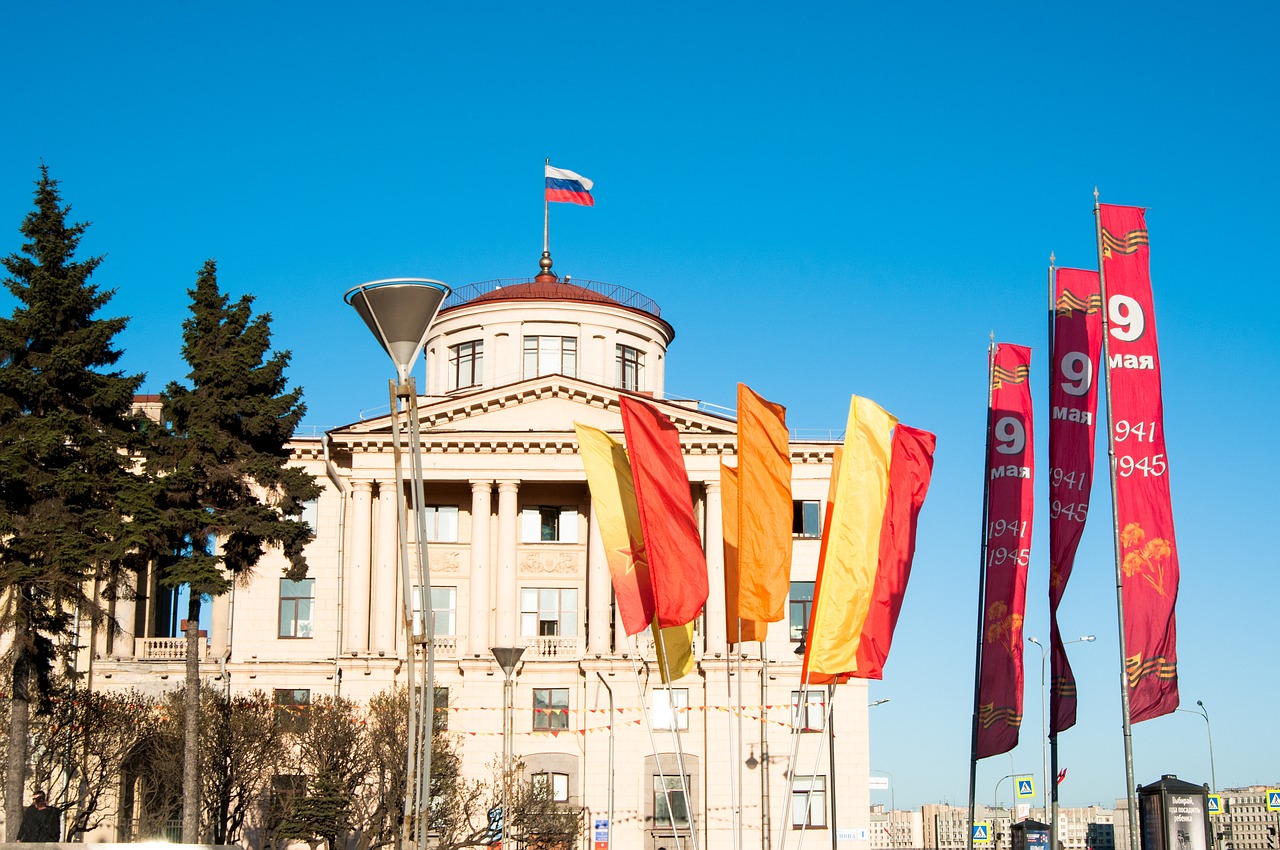
Formation of the Soviet Government
During the tumultuous period following the October Revolution of 1917, Vladimir Lenin played a crucial role in establishing the Soviet government, laying the foundation for the world's first socialist state. Under Lenin's leadership, the Bolshevik Party took the reins of power, aiming to create a new political system that would serve the interests of the working class.
One of the key steps in the formation of the Soviet government was the dissolution of the Constituent Assembly in January 1918, which had been elected in November 1917 but was dominated by socialist revolutionaries rather than Bolsheviks. Lenin's decision to disband the assembly reflected his commitment to consolidating Bolshevik power and implementing the principles of Soviet democracy.
To solidify the Bolsheviks' control, Lenin oversaw the establishment of the All-Russian Central Executive Committee (CEC) as the highest legislative body in the new Soviet state. This body, composed of representatives from the Bolsheviks and other socialist parties, was tasked with enacting laws and policies in line with the socialist agenda.
Lenin's vision for the Soviet government also included the formation of the Council of People's Commissars, with himself as the Chairman. This council served as the executive branch of the government, responsible for implementing decisions made by the CEC and overseeing various sectors of the economy and society.
Furthermore, Lenin's leadership in the formation of the Soviet government involved the nationalization of key industries and the redistribution of land to peasants, aiming to break the power of the capitalist class and usher in a new era of socialist construction. These policies laid the groundwork for the centralized economic planning that would characterize the Soviet system for decades to come.
Overall, Lenin's role in the formation of the Soviet government was marked by a blend of revolutionary zeal and pragmatic governance, as he navigated the challenges of building a new political order amidst civil war and external threats. His efforts set the stage for the establishment of a socialist state that would shape the course of world history in the 20th century.

Economic Policies and Reforms
During his tenure as the leader of the Soviet Union, Vladimir Lenin implemented a series of economic policies and reforms aimed at rebuilding the war-torn country and transitioning to a socialist economy. One of the key initiatives introduced by Lenin was War Communism, a policy that emphasized state control over the economy, including nationalization of industry and centralized distribution of resources. This was a drastic measure taken during the Russian Civil War to ensure the survival of the Bolshevik government.
As the country stabilized, Lenin recognized the need for a more pragmatic approach to economic management. In 1921, he introduced the New Economic Policy (NEP), which allowed for limited free market activities, such as small-scale private enterprise and trade. The NEP aimed to stimulate economic growth and alleviate the widespread poverty and famine that plagued the country.
Under Lenin's leadership, the Soviet government also focused on industrialization and agricultural collectivization to modernize the economy and increase productivity. The Five-Year Plans, initiated by Lenin and later expanded under Stalin, aimed to rapidly industrialize the Soviet Union through centralized planning and state investment in heavy industry.
Lenin's economic policies were not without controversy, as they led to significant social upheaval and resistance from various factions within the country. However, his vision of a socialist society based on collective ownership and centralized planning laid the foundation for the economic structure of the Soviet Union for decades to come.

International Influence and Communist Ideology
When it comes to discussing Vladimir Lenin, one cannot overlook his immense international influence and the profound impact of his communist ideology on the global stage. Lenin's vision of a socialist revolution transcended national borders, inspiring revolutionaries and socialist movements around the world. Through his leadership in the Communist International, or Comintern, Lenin sought to unite communist parties worldwide under the banner of Marxist-Leninist ideology.
Lenin's strategic guidance and theoretical contributions played a pivotal role in shaping the direction of socialist movements in various countries. His emphasis on the necessity of a vanguard party to lead the proletariat towards revolution became a cornerstone of communist ideology. The principles of democratic centralism, as advocated by Lenin, aimed to maintain party unity while allowing for internal debate and discussion.
Under Lenin's leadership, the Soviet Union became a beacon for anti-imperialist struggles and a symbol of resistance against capitalist exploitation. The establishment of socialist states in Eastern Europe and Asia can be attributed to Lenin's revolutionary fervor and his commitment to spreading the ideals of communism globally.
Moreover, Lenin's contributions to Marxist theory, particularly his analysis of imperialism as the highest stage of capitalism, provided a framework for understanding the dynamics of global capitalism and the potential for revolutionary change. By emphasizing the importance of proletarian internationalism, Lenin sought to forge solidarity among oppressed peoples and workers across borders.
Despite facing opposition from capitalist powers and internal challenges, Lenin's legacy as an international revolutionary figure remains undeniable. His efforts to promote socialist revolution and challenge the hegemony of imperialism continue to inspire leftist movements and socialist thinkers worldwide.
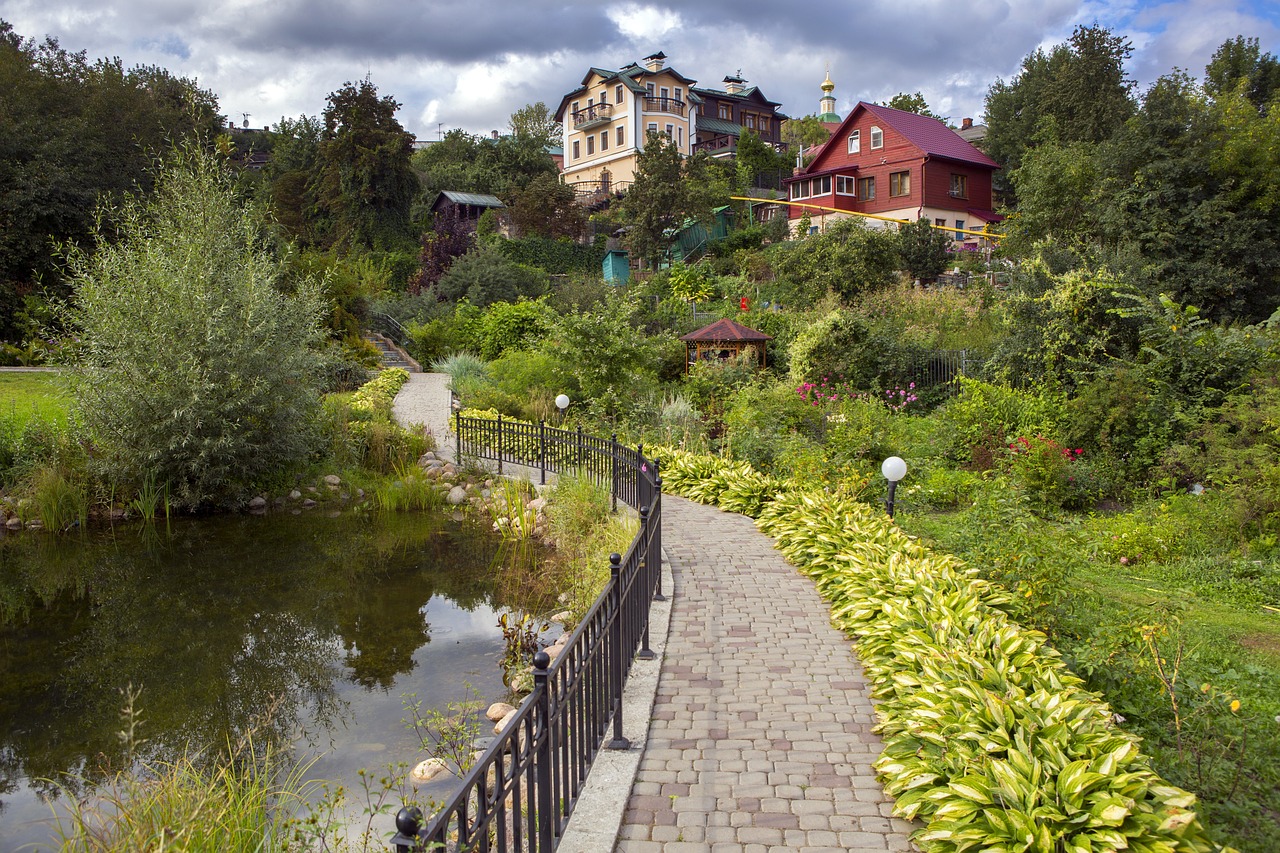
Civil War and Red Terror
During the tumultuous period of the Russian Civil War, Vladimir Lenin faced immense challenges in consolidating power and maintaining control over the newly established Soviet state. The Civil War, which lasted from 1917 to 1922, pitted the Bolshevik Red Army against a diverse array of opposition forces, including the White Army, foreign interventionists, and nationalist movements.
Lenin recognized the urgent need to secure the Bolshevik government's position and combat internal and external threats to the revolution. In response to these challenges, he authorized the implementation of the Red Terror, a brutal campaign aimed at eliminating counter-revolutionary elements and suppressing dissent.
The Red Terror involved the establishment of revolutionary tribunals and the use of extraordinary measures to root out perceived enemies of the state. Thousands of individuals, including political opponents, intellectuals, and suspected saboteurs, were arrested, imprisoned, or executed during this period of intense repression.
Lenin justified the Red Terror as a necessary means to safeguard the socialist revolution from internal sabotage and external aggression. The harsh measures employed under his leadership reflected the exigencies of wartime conditions and the perceived threat posed by counter-revolutionary forces.
Despite the controversial nature of the Red Terror, Lenin viewed it as a vital tool in preserving the gains of the October Revolution and ensuring the survival of the Bolshevik government. The campaign's ruthless tactics underscored the high stakes of the Civil War and the fierce determination of the Bolsheviks to defend their revolutionary project at all costs.

Health Issues and Succession
During his time as the leader of the Soviet Union, Vladimir Lenin faced significant health challenges that ultimately impacted his ability to govern. Suffering from multiple strokes, Lenin's declining health raised concerns about his capacity to continue leading the country effectively. The power struggle within the Communist Party intensified as factions vied for control in anticipation of Lenin's succession.
As Lenin's health deteriorated, the question of who would succeed him became a pressing issue. The eventual successor to Lenin was Joseph Stalin, who emerged as the leader of the Soviet Union after Lenin's death. Stalin's rise to power marked a significant shift in the direction of the Soviet government, leading to profound changes in policies and governance.
Lenin's declining health not only influenced the internal dynamics of the Communist Party but also had broader implications for the future of the Soviet state. The transition of power from Lenin to Stalin marked a pivotal moment in Soviet history, shaping the course of the country for decades to come.

Legacy and Impact
When it comes to evaluating the legacy and impact of Vladimir Lenin, one cannot overlook the profound influence he had on shaping the course of history in the 20th century. As the architect of the Soviet state, Lenin's contributions to socialist theory and revolutionary practice reverberate through time, leaving a lasting imprint on both Russia and the world at large.
Lenin's legacy as the founder of the Soviet Union is undeniable. His vision of a socialist society guided by the principles of Marxism laid the groundwork for the establishment of the world's first socialist state. Under his leadership, the Bolshevik Party transformed Russia into a communist stronghold, fundamentally altering the geopolitical landscape and challenging the established order.
One of Lenin's most enduring impacts lies in his economic policies and reforms. In the aftermath of the Russian Revolution and the devastation of World War I, Lenin implemented radical measures to rebuild the war-torn country. From the implementation of War Communism to the introduction of the New Economic Policy, Lenin's economic strategies aimed to stabilize the economy and pave the way for a socialist transformation.
Furthermore, Lenin's international influence cannot be underestimated. As a staunch advocate of global revolution, Lenin played a pivotal role in the spread of communism beyond Russia's borders. His efforts to establish the Communist International (Comintern) and promote Marxist-Leninist ideology helped fuel revolutionary movements around the world, shaping the course of history in countries far and wide.
Despite his significant contributions, Lenin's legacy is not without controversy and criticism. Critics point to his authoritarian tendencies, the suppression of political dissent through the Red Terror, and the development of a cult of personality that surrounded him. The debate over Lenin's methods and legacy continues to spark discussions among historians and political analysts alike.
In conclusion, Vladimir Lenin's legacy and impact as the architect of the Soviet state are multifaceted and complex. His role in shaping the course of history, both domestically and internationally, continues to be a subject of study and debate. Whether viewed as a revolutionary visionary or a controversial figure, Lenin's influence on the world remains undeniable.
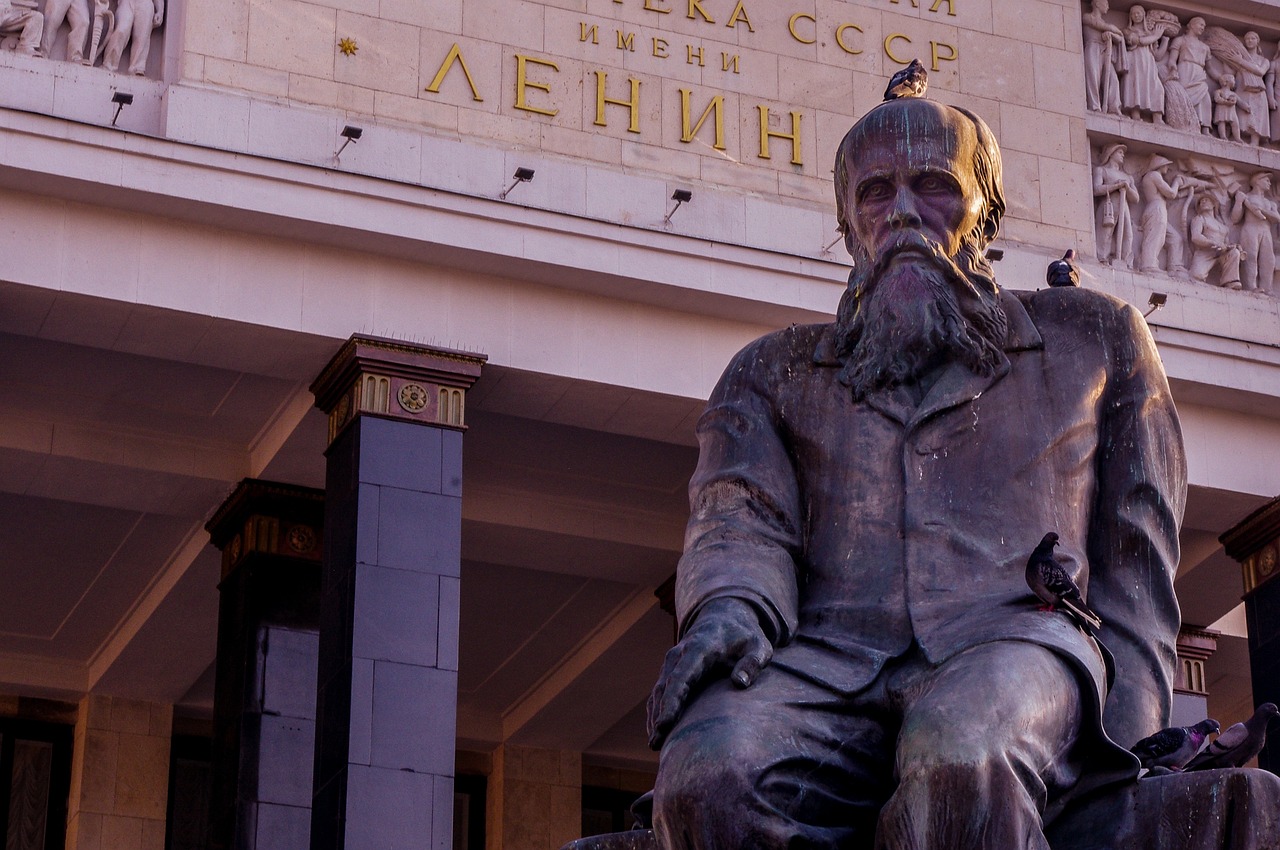
Controversies and Criticisms
When examining the legacy of Vladimir Lenin, it is crucial to address the controversies and criticisms that have surrounded his leadership and the establishment of the Soviet state. One of the most significant criticisms leveled against Lenin is his authoritarian approach to governance, characterized by the suppression of political dissent and the centralization of power within the Communist Party.
Moreover, Lenin's implementation of the Red Terror during the Russian Civil War has been widely condemned for its brutal tactics aimed at eliminating perceived enemies of the Bolshevik regime. The Red Terror resulted in mass arrests, executions, and the stifling of opposition voices, tarnishing Lenin's reputation as a leader committed to upholding human rights.
Another contentious issue is the cult of personality that developed around Lenin, where his image and ideology were elevated to near-messianic levels. Critics argue that this cult of personality contributed to the consolidation of power in the hands of a single individual, undermining the principles of collective leadership within the Communist Party.
Furthermore, Lenin's economic policies, such as War Communism, which involved the nationalization of industry and the requisitioning of agricultural produce, have been criticized for their detrimental impact on the economy and living standards of the population. The coercive nature of these policies led to widespread discontent among the peasantry and industrial workers.
Additionally, Lenin's role in the suppression of national movements within the newly formed Soviet Union has been a subject of controversy. His insistence on centralizing power in Moscow and suppressing autonomy movements in regions like Ukraine and Georgia has been criticized for undermining the principles of self-determination and fostering resentment among minority groups.
In conclusion, while Lenin's contributions to socialist theory and the establishment of the Soviet state are undeniable, his legacy is marred by controversies and criticisms that continue to spark debate among historians and political analysts.
Frequently Asked Questions
- Who was Vladimir Lenin?
Vladimir Lenin was a prominent Russian revolutionary, political theorist, and the first leader of the Soviet Union. He played a crucial role in the October Revolution of 1917, which led to the establishment of Soviet power in Russia.
- What were Lenin's key contributions?
Lenin is known for his contributions to socialist theory, his implementation of socialist economic policies, and his role in the global spread of communism. He founded the Bolshevik Party, established the Soviet government, and shaped the ideology of Marxist-Leninism.
- How did Lenin's health issues impact his leadership?
Lenin's declining health, due to multiple strokes, affected his ability to govern effectively towards the end of his life. This led to a power struggle within the Communist Party and eventually paved the way for Joseph Stalin to succeed him as the leader of the Soviet Union.
- What controversies surround Lenin's legacy?
Lenin's leadership is surrounded by controversies, including criticisms of his authoritarianism, human rights abuses, and the development of a cult of personality around him. His policies, such as the Red Terror, have also been subject to criticism and debate.


